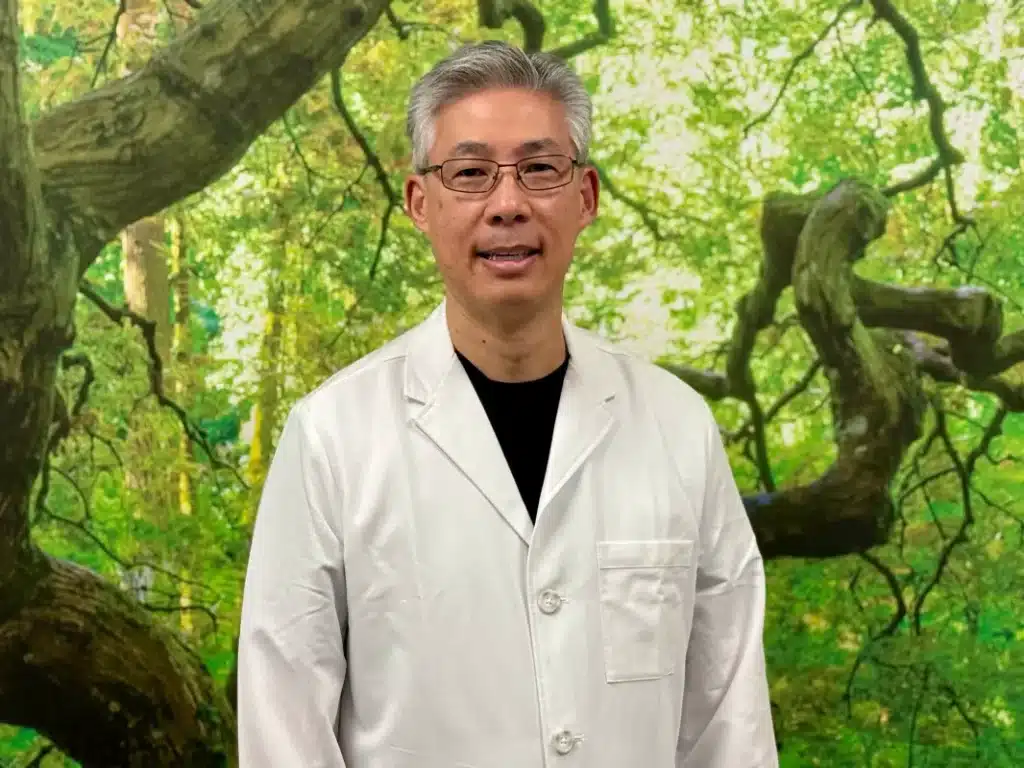Work Stress and Fibromyalgia
From emotional problems to physical health concerns, the workplace is often a source of stress. For some people, this stress is manageable, and they can cope with it without any major issues.
However, the added stress can be too much and debilitating to the point that it can lead to fibromyalgia or increased problems for those already dealing with fibromyalgia.
This blog post will discuss the link between work stress and fibromyalgia. We will also look at ways that you can manage work-related stress and protect your mental and physical health!
What Is Fibromyalgia?
Fibromyalgia is a chronic pain disorder that affects the muscles and tissues.
The main symptoms of fibromyalgia are widespread pain, fatigue, and tenderness in the muscles.
According to CDC research, fibromyalgia affects over 4 million U.S. adults or 2% of Americans.
Fibromyalgia amplifies pain signals due to changes in the way that the brain processes pain.
It is not clear what causes fibromyalgia, but it is believed that the body’s pain threshold changes after physical trauma, emotional stress, or infection.
For some people, fibromyalgia is triggered by a single event, while others experience a gradual onset of symptoms.
Researchers have observed that it often coexists with other conditions like:
- Irritable bowel syndrome
- Anxiety
- Depression
- Migraine
- Temporomandibular joint disorders
- Chronic fatigue syndrome
There is no known cure for fibromyalgia, but there are several treatments that can help manage the symptoms.
How Work Stress Can Inflame Fibromyalgia Symptoms
There is a significant link between work stress and fibromyalgia symptoms.
Job-related stress is one of the most common triggers for fibromyalgia flare-ups.
The combination of physical and emotional stress can become too debilitating to handle, leading to increased pain, fatigue, and other symptoms.
Work stress can come from a number of different factors, such as:
- Demanding deadlines
- Unreasonable workloads
- Having little control over your work tasks or environment
- Conflict with co-workers or supervisors
- Bullying or harassment at work
- Financial concerns related to work
- The pressure to maintain a certain image or persona at work
All of these factors can contribute to emotional stress and tension. When this tension is left unchecked, it can lead to physical symptoms like fibromyalgia.
How to Manage Work-related Stress
If you are struggling with work-related stress and it is affecting your fibromyalgia symptoms, there are a number of things that you can do to manage the situation.
Here are a few tips:
Talk to Your Supervisor
Dealing with fibromyalgia is hard enough, but if your work doesn’t know you suffer from it, you can’t make positive changes to help. Talk to your supervisor about your condition and ask for accommodations that might help you to manage your work stress.
Some common accommodations for fibromyalgia include flexible hours, working from home, and taking breaks throughout the day.
If you are open and honest with your supervisor, they are more likely to be understanding and helpful.
Set Boundaries
When dealing with fibromyalgia, it is crucial to set boundaries for yourself. This includes setting limits on how much work you handle and saying no to requests when your day’s workload is already at capacity.
It is also important to make time for yourself outside of work! Make sure that you schedule time for rest, relaxation, and fun. This is essential for maintaining your mental and physical health.
Practice Self-care
One of the best ways to manage work stress is to practice self-care. This means taking care of yourself both physically and emotionally.
Some tips for practicing self-care include:
- Getting enough sleep
- Eating healthy foods
- Exercising regularly
- Spending time with friends and family
- Practicing meditation or yoga
- Taking breaks during the day
All of these things can help to reduce stress and tension. When you take care of yourself, you can better manage stress in your life.
Manage Your Fibromyalgia Symptoms With Ketamine Infusions
If you are struggling to manage your fibromyalgia symptoms, Scottsdale Ketamine Therapy Clinic can help.
While most fibromyalgia-related issues are treated with oral medication, many patients find that it doesn’t relieve them of pain fast enough or long-term and provides unsatisfactory results.
We offer ketamine infusions that can help to reduce pain and improve your quality of life in as little as one session.
Ketamine is a powerful medication that has been shown to be effective in treating fibromyalgia.
Low-dose IV infusions administer ketamine over a period of weeks directly into the bloodstream. These infusions help by blocking access to the pain receptors to reduce the effects of fibromyalgia.
While research on the long term effects and the effectiveness of ketamine infusion is still ongoing, it has shown huge benefits for helping those suffering from fibromyalgia, including:
- Reduced pain
- Less fatigue
- Better sleep
- Improved mood
- Decreased anxiety
Scottsdale Ketamine Therapy Clinic Can Create a Plan That Works for You
At Scottsdale Ketamine Therapy Clinic, we want you to be able to manage your fibromyalgia symptoms and live a full, happy life.
We offer ketamine infusions and many other treatments that can help many physical and mental health issues often overlooked by other health professionals.
If you want to learn more about how we can help you or a loved one, you can schedule a free consultation with our incredible team.
We will answer your questions regarding treatment and how it works during the consultation, and we will get to know you. We can partner with you and create a plan that works specifically for your needs.
Scottsdale Ketamine Therapy Clinic is here to help! It’s time to take back your life from fibromyalgia.

